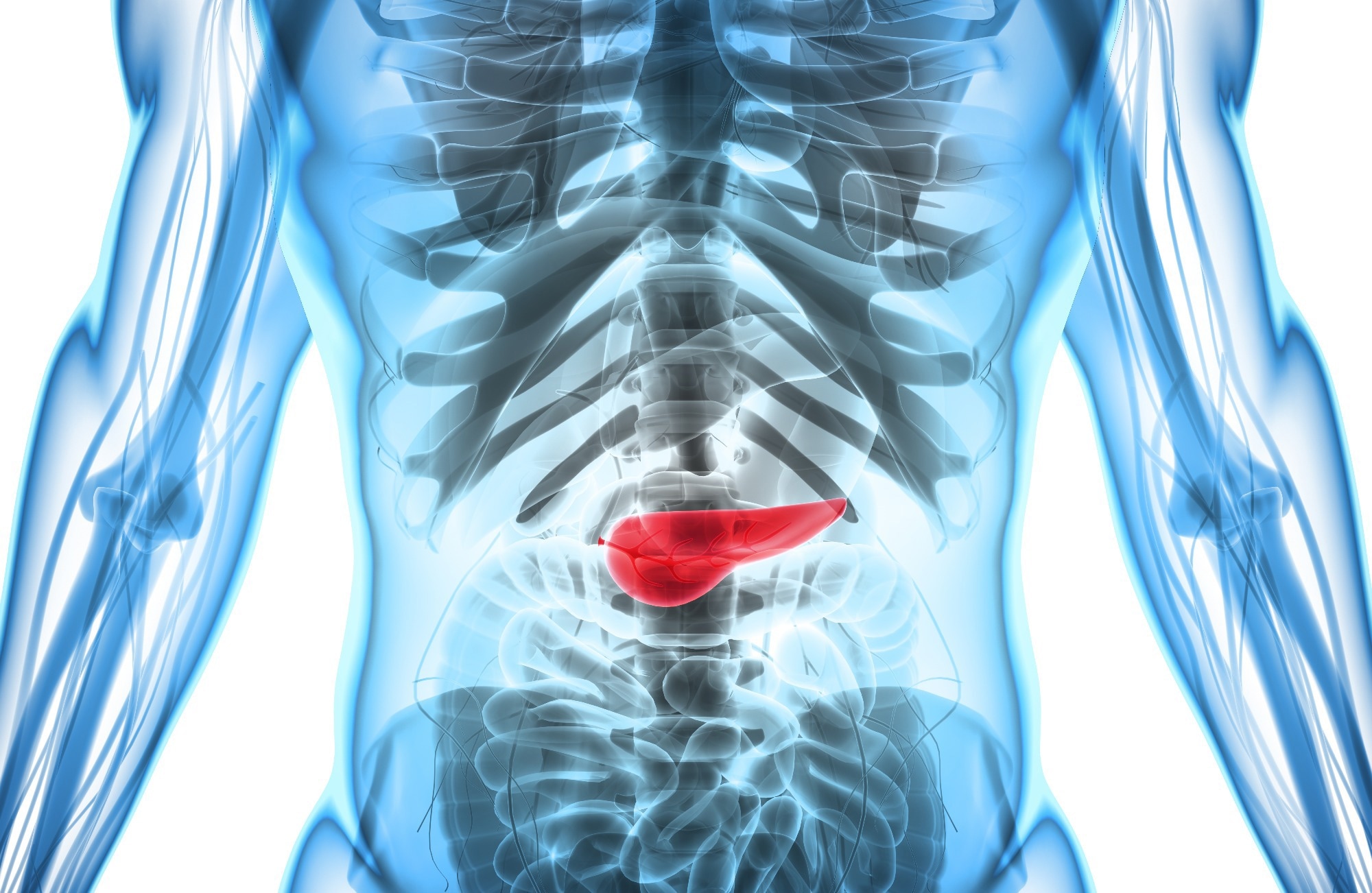Pancreatic cancer is an incurable form of cancer, and gene therapies are currently in clinical testing to treat this deadly disease. A comprehensive review of the gene and cell biotherapies in development to combat pancreatic cancer is published in the peer-reviewed journal Human Gene Therapy.
 Study: Pancreatic Cancer Cell and Gene Biotherapies: Past, Present, and Future. Image Credit: MDGRPHCS / Shutterstock
Study: Pancreatic Cancer Cell and Gene Biotherapies: Past, Present, and Future. Image Credit: MDGRPHCS / Shutterstock
The article titled "Pancreatic Cancer Cell and Gene Biotherapies: Past, Present and Future," contributed by corresponding author Pierre Cordelier from the University of Toulouse, and coauthors describes the ongoing gene therapy clinical trials. In addition to gene therapies, the authors discuss vaccines, chimeric antigen receptor (CAR)-T cell therapy, suicide genes, and oncolytic viruses
"Breaking the code of pancreatic tumors rather than using brute force will help in defeating this currently incurable disease," state the authors.
There is no greater unmet medical need in the field right now than pancreatic cancer. This review provides a basis for understanding the lessons learned from past cell and gene therapies for pancreatic cancer, thereby informing the potential for future clinical progress."
Editor-in-Chief Terence R. Flotte, MD, Celia and Isaac Haidak Professor of Medical Education and Dean, Provost, and Executive Deputy Chancellor, University of Massachusetts Chan Medical School
Source:
Journal reference: